It has been a torrid few days in France. In the early hours of Saturday morning, a former Argentine rugby international, Federico Aramburú, was shot dead on a chic Paris street after an altercation in a bar. The suspect is a notorious far-right activist who allegedly told Aramburú that he didn’t belong in France.
On Monday Corsican nationalist Yvan Colonna died, three weeks after he was beaten into a coma by fellow prisoner and infamous extremist, Franck Elong Abé, an Islamist who was captured fighting for the Taliban a decade ago. It is alleged that Abé justified his attack on the grounds that Colonna ‘had bad-mouthed the Prophet’.
Even among battle-hardened Jihadists, Abé was known for his ferocity and the director of prison administration, Laurent Ridel, admitted last week that he was at a loss to explain how Abé was able to carry out his 11 minute assault without being heard or seen by the wardens and their security cameras.
Similar questions are being raised about the principal suspect in the murder of Aramburú, who was this morning detained in Hungary apparently en route to fight in Ukraine. According to the French media, after his conviction for torture in 2016 he was banned from the centre of Paris and from consorting with the accomplice reportedly in his company on Saturday night.
Once more the government and the judiciary stand accused of complacency and incompetency; it was the same after the murder of Father Hamel, the Normandy priest, in 2016 and the deaths of four police personnel in 2019, murdered by an Islamist colleague who had made no secret of his views.
It is the murder of Colonna that will most concern the authorities. On Tuesday Emmanuel Macron called for ‘calm and responsibility’ among Corsicans, hundreds of whom rioted in the week after Colonna was hospitalised, ransacking a bank and setting fire to the main justice building. The 61-year-old, serving a life sentence for the assassination in 1998 of Corsica’s prefect Claude Érignac, was regarded as a hero of the nationalist movement.
The fear in Paris is that Corsicans might look to avenge Colonna’s death by targeting Muslims. In the summer of 2016, shortly after an Islamist had killed 86 people in Nice, there was an ugly confrontation on a Corsican beach between local youths and a group of Muslims.
Last week, Macron led the commemorations to mark the tenth anniversary since Mohammed Merah went on a rampage across France, shooting dead Muslim soldiers and Jewish children. That slaughter was the first in a series of bloody Islamist atrocities that left nearly 300 people dead, one of whom was the teacher Samuel Paty, decapitated outside his school’s gates in October 2020 as punishment for having shown a caricature of the Prophet during a class discussion about freedom of speech.
In a recent interview, the Islamic scholar and author Gilles Kepel said that killing was the catalyst for ‘a complete cultural revolution’ within the French state in how it approached Islamic extremism. From this revolution has emerged Macron’s Anti-Separatist Bill, the aim of which is to eradicate the Islamist eco-system from which the terrorists emerge. As well as shutting down radical mosques and phasing out home schooling, the government is also closing sports clubs that are little more than a front for indoctrinating adolescents.
In justifying its controversial Bill, the government says it is defending republican values, a claim that has been undermined by the response to the rioting in Corsica. The violence stopped when Macron sent his interior minister, Gérald Darmanin, to the island to float the idea of autonomy, a cherished objective for the nationalists. His political opponents have accused the President of ceding to violence. ‘We must not forget that he [Colonna] assassinated a man, and a symbol of the state,’ said the socialist former prime minister Manuel Valls yesterday. ‘It is insupportable that a terrorist… could be hailed a hero and a martyr’.
In an op-ed in Le Figaro, a political scientist accused the government of ‘opening a Pandora’s box’ with its talk of autonomy, raising the possibility that other regions that harbour a similar dream – Brittany and Alsace, for example – may be encouraged by what the Corsicans seem close to achieving.
So might the Islamists, scores of whom are being released from prison each month having served their sentences for extremist offences. If the Corsicans can get what they want through violence, why shouldn’t they from a state that is weak and easily intimidated?
Got something to add? Join the discussion and comment below.
Get 10 issues for just $10
Subscribe to The Spectator Australia today for the next 10 magazine issues, plus full online access, for just $10.


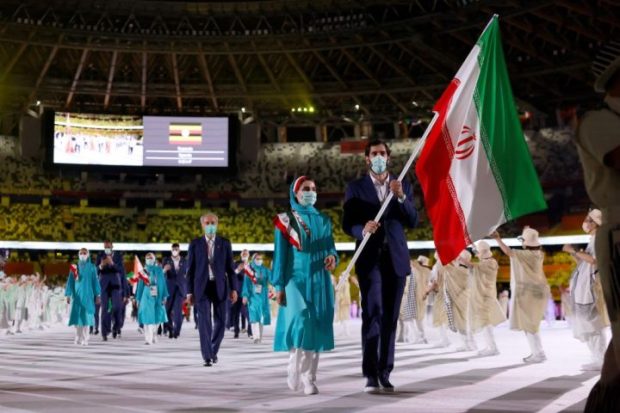
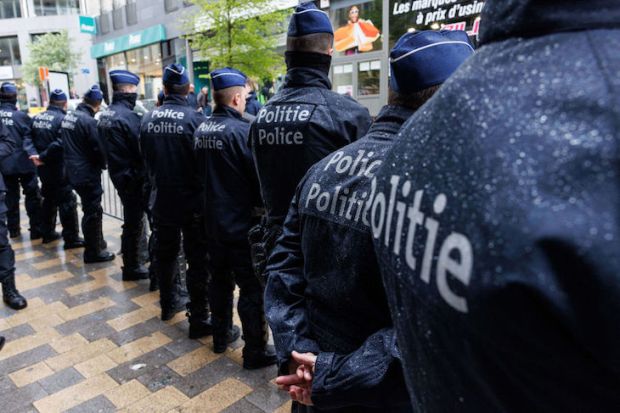
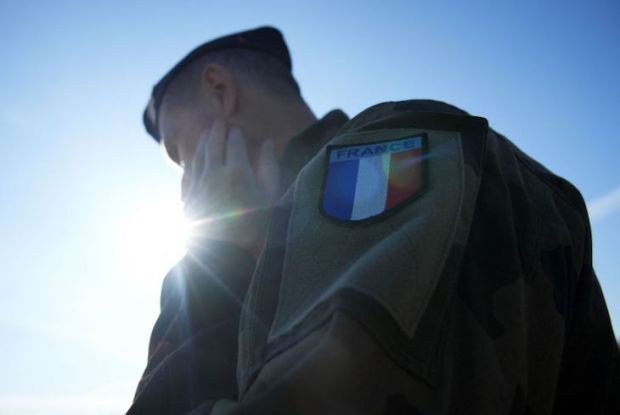
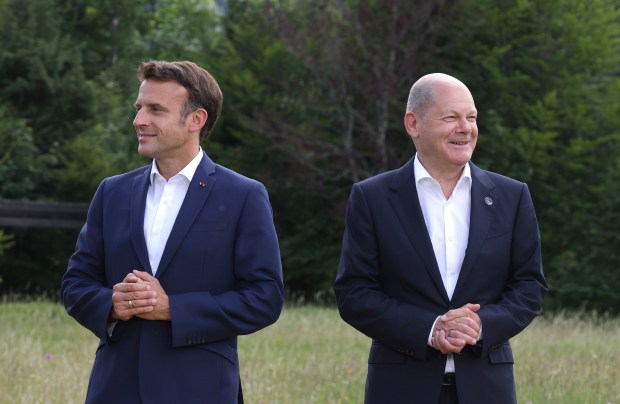
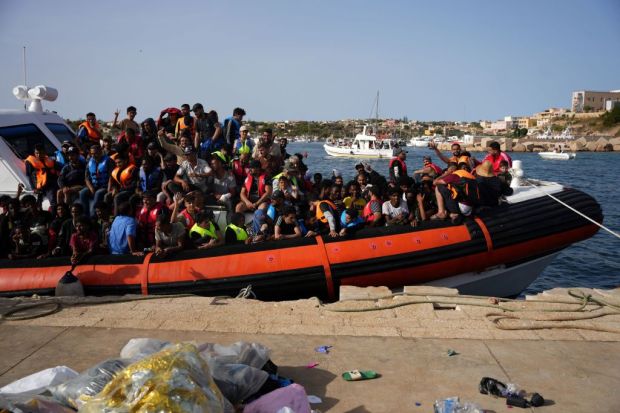













Comments
Don't miss out
Join the conversation with other Spectator Australia readers. Subscribe to leave a comment.
SUBSCRIBEAlready a subscriber? Log in